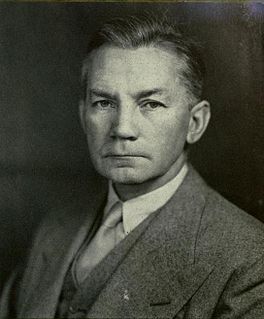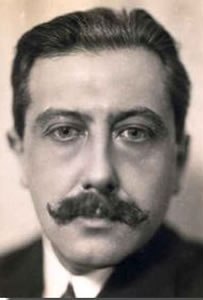A Quote by Dietrich Bonhoeffer
Consequently there is a need for spiritual vitality. What protection is there against the danger of organisation? Man is once more faced with the problem of himself. He can cope with every danger except the danger of human nature itself. In the last resort it all turns upon man.
Related Quotes
At the approach of danger two voices speak with equal force in the heart of man: one very reasonably tells the man to consider the nature of the danger and the means of avoiding it and the other, even more reasonable, says that it is too painful and harassing to think of the danger... better to turn aside from the painful subject till it has come, and to think of what is pleasant. In solitude a man generally yields to the first voice; in society to the second.
We are so full of apprehensions, fears, that we don't know exactly to what it points... a great change of our psychoglocal attitude is imminent, that is certain...because we need more understanding of human nature because ...the only real danger that exists is man himself... and we know nothing of man - his psyche should be studied because we are the origin of all coming evil.
In a world full of danger, to be a potentially seeable object is to be constantly exposed to danger. Self-consciousness, then, may be the apprehensive awareness of oneself as potentially exposed to danger by the simple fact of being visible to others. The obvious defence against such a danger is to make oneself invisible in one way or another.
It is human self-renunciation when a man denies himself and the world opens up to him. But it is Christian self-renunciation when he denies himself and, because the world precisely for this shuts itself up to him, he must as one thrust out by the world seek God's confidence. The double-danger lies precisely in meeting opposition there where he had expected to find support, and he has to turn about twice; whereas the merely human self-resignation turns once.
One can make this generalization about men: they are ungrateful, fickle, liars, and deceivers, they shun danger and are greedy for profit; while you treat them well, they are yours. They would shed their blood for you, risk their property, their lives, their children, so long, as I said above, as danger is remote; but when you are in danger they turn against you.
There are three elements of mountaineering - difficulty, danger, and exposure. Difficulty is the technical aspect of it. Danger, it is best to avoid, but some people like to increase danger to a point where their success is dependent only on luck. And exposure, which is what truly defines Alpinism, is what you face in wild nature.
Why had we come to the moon? The thing presented itself to me as a perplexing problem. What is this spirit in man that urges him for ever to depart from happiness and security, to toil, to place himself in danger, to risk an even a reasonable certainty of death? It dawned upon me that there in the moon as a thing I ought always to have known, that man is not made to go about safe and comfortable and well fed and amused. ... against his interest, against his happiness, he is constantly being driven to do unreasonable things. Some force not himself impels him, and he must go.
Chantal's only ruse ... was her shattering simplicity. While a weak man or an imposter is always more complicated than the problem he is trying to solve, and thinking to encompass his adversary, merely keeps prowling interminably around himself, the heroic nature will throw itself into the heart of the danger to turn it to its own use, just as captured artillery is turned about and aimed at the backs of the fleeing enemy.






































